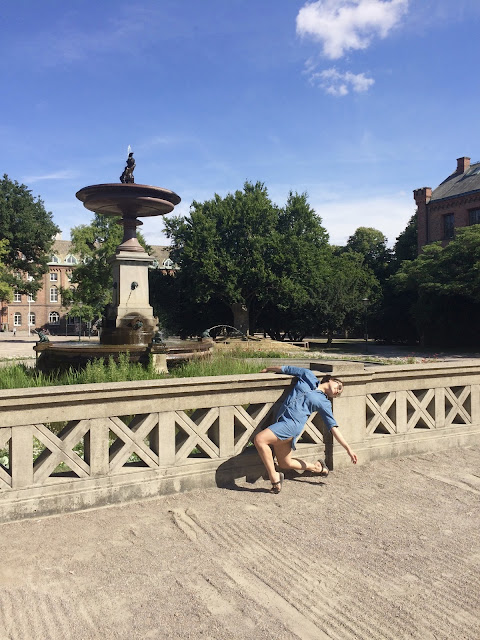1. What is your name?
Christina Hoag
My mother is English and my father was from New Zealand, of Scots and Northern Irish ancestry. My parents met in Northern Rhodesia, which is now Zambia. I was almost born there but my parents left shortly before I arrived in the world.
It’s a bit of a travelogue! We left New Zealand and went to Fiji for a year, then we lived in England and Sweden for maybe two years. We moved to Lagos, Nigeria, when I was about three. I don’t have any recollection of these places. We moved to Wellington New Zealand, when I was about three. I remember that. When I was seven, we moved to Sydney, Australia. When I was 13, we moved to the USA, New Jersey specifically. I went to Boston University, then returned to New Jersey and became a newspaper reporter. In 1992, I moved to Spain because I wanted to live in a country that had a language other than English. I stayed there a year and then moved to Guatemala. I was there for a year and a bit, then headed to Venezuela, where I stayed seven years. In 2002, I moved back to the US (Miami) and in 2007 moved across the country to Los Angeles, where I am still. It’s the longest place I’ve ever lived!
As with most TCKs, I’ve struggled with identity and the concept of “home” my whole life. I have no hometown or home country. May parents were from different countries so I don’t even have that to hang my hat on. I’ve had many homes, and all these places I still hold great affinities for. After much inner turmoil over all this, I have come to the simple conclusion that home is where I am currently. That’s really the best I can do. Most people have roots to one country, many to one town or state/province. I just don’t. Most people find this odd. They can’t relate to someone who grew up in multiple countries. I often get blank looks when I tell people my story. I may get a perfunctory question such as “was your father in the military?” but often the topic conversation is quickly switched to something else. People just can’t seem to wrap their heads around a childhood like mine. And they don’t seem even vaguely interested.
6. Where do you consider "home" and why?
Right now it’s Los Angeles because I live here. But I am not “from” here. I’m really not “from” anywhere. When people ask where I’m from, I have to decide whether to tell them the long version or the short version (I just say New Jersey). It depends on my mood, whether the person looks receptive, how much I plan to invest in this relationship. For years and years, I just trotted out the short version. Becoming aware of the term “Third Culture Kid” just a few years ago was a huge watershed. I found out I belong to a group just like me! It’s helped me become more comfortable with my “long version.”
10. Do you plan on incorporating a large amount of travel with your career?
I already have. I’m a journalist. My dream in high school, where I discovered journalism, was to be a foreign correspondent, thus combining my two passions of writing and travel. After about seven-eight years of working as a reporter and editor at newspapers in New Jersey, USA, I grew bored. I knew the world was bigger and that was what I wanted. So I quit and ended up teaching English in Spain, then moving to Guatemala, where I got back into journalism at an English-language newspaper. I was covering fascinating stories involving human rights. I travelled all over Central America, as well. Then I moved on and landed in Caracas, Venezuela, where I started writing for major media outlets: Times, Business Week, New York Times, Miami Herald, Houston Chronicle, Financial Times, and Sunday Times of London, and many others. During my career, I reported from 14 countries around Latin America and the Caribbean. After seven years in Venezuela, there was a coup attempt and the political situation was shaky. I went to Miami and worked for the Miami Herald. I had accomplished my dream of being a foreign correspondent and it was the highlight of my career. I really loved it. It was an adventure every day.
Now I write fiction and do freelance editing. I still travel widely and I’d love to write more books set in foreign countries but I keep getting told that American readers have limited appetites for foreign settings, which I find frustrating! But only 35 percent of Americans have passports. That says a lot.
You can find Christina on her website at www.christinahoag.com
If you would like to be featured on this series please drop me an email at ahdancecompany@gmail.com












